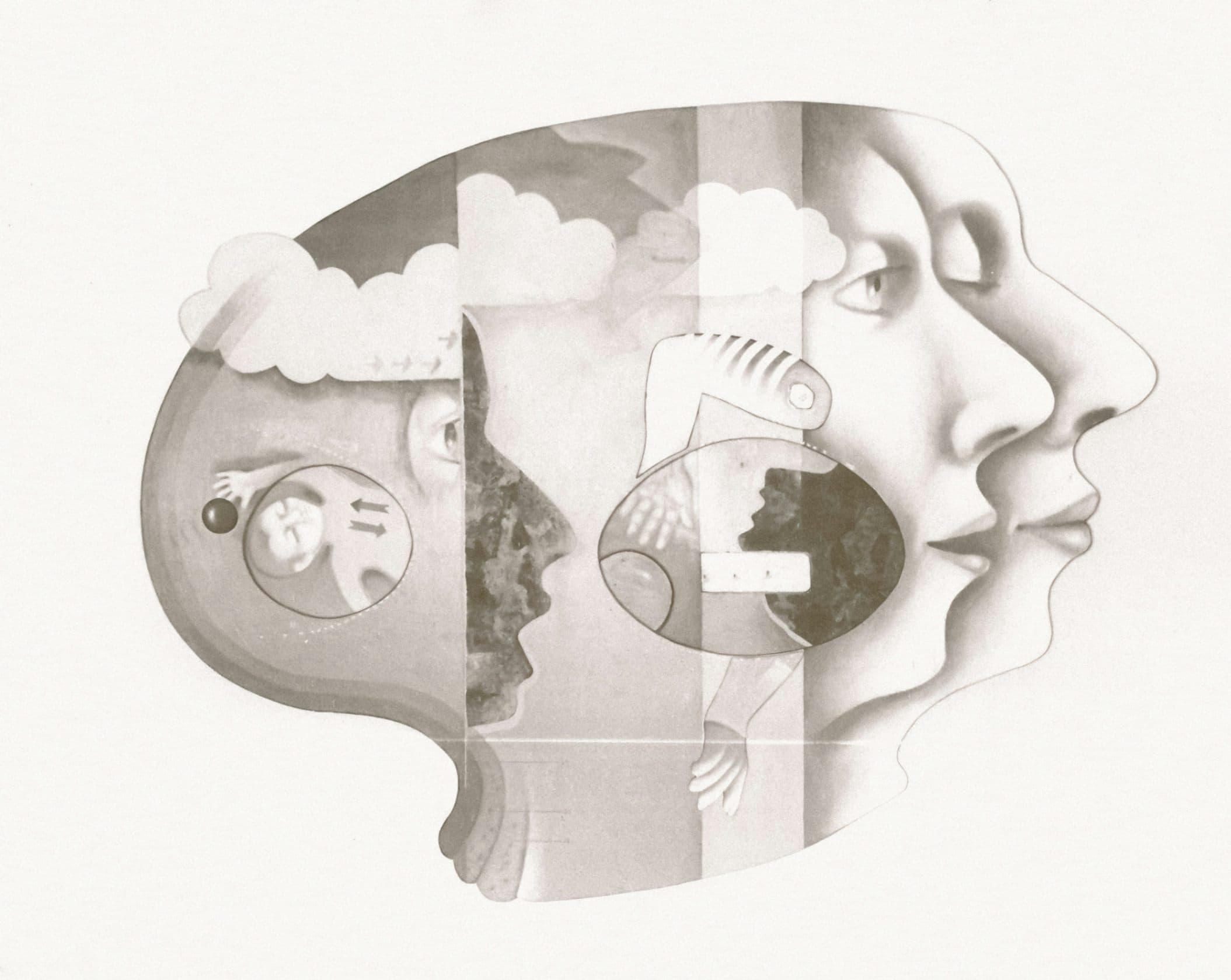
Rethinking Wellness: Structural Solutions for Mental Health in the Age of Instagram
The curated nature of social media encourages individuals to strive for lifestyles that are often unrealistic, contributing to stress, anxiety, and chronic dissatisfaction. Municipal health data shows a correlation between increased social media use and higher rates of depression and anxiety, particularly among adolescents and young adults. A 2022 study published by the Journal of the American Medical Association found that individuals who spent more than three hours per day on social media were at significantly greater risk of experiencing poor mental health outcomes compared to those with limited use1. Unfortunately, the glamorization of constant productivity and self-optimization on platforms like Instagram or TikTok often masks the toll it takes on people's emotional well-being.
Local governments have a unique opportunity to counteract these negative influences by promoting community-based programs that emphasize authenticity, connection, and accessibility over perfection. Mental wellness campaigns that show real people with real challenges, rather than highly polished success stories, can help normalize struggle and reduce stigma. Initiatives such as storytelling events, peer-led support groups, or public art projects featuring diverse lived experiences can cultivate a healthier, more grounded community narrative. These efforts are most successful when coordinated across departments such as parks and recreation, public libraries, and youth services to reach residents in everyday spaces.
Community-Driven Mental Wellness Strategies
Communities should prioritize mental wellness as a collective asset, not just an individual responsibility. This starts by integrating mental health support into existing public infrastructure. For example, embedding mental health professionals in public libraries or community centers provides low-barrier access to services for individuals who may not seek traditional clinical care. The city of Toronto has piloted similar initiatives by placing social workers in library branches, which has improved access to support for vulnerable populations including seniors, youth, and newcomers2.
In addition, communities can offer training for non-clinical staff to identify and respond to signs of emotional distress. Programs such as Mental Health First Aid equip frontline employees - including transit workers, housing staff, and recreation coordinators - with the tools to provide initial support and refer individuals to appropriate services. These decentralized approaches help build a culture of care and reduce the pressure on emergency response systems, which are often ill-suited for addressing mental health crises. Local governments should also collaborate with school boards, health units, and non-profit organizations to create a unified approach to mental wellness that spans different age groups and community sectors.
Addressing Burnout Through Structural Change
Burnout is increasingly prevalent not only among individuals striving to meet societal expectations but also among public sector workers themselves. The World Health Organization defines burnout as a syndrome resulting from chronic workplace stress not successfully managed, characterized by exhaustion, cynicism, and reduced professional efficacy3. Within public service operations, high caseloads, limited resources, and constant public demand can contribute to burnout, particularly in departments like social services, housing, and community health.
Addressing burnout requires more than wellness workshops or mindfulness apps. Leadership must evaluate workload distribution, clarify job expectations, and establish supportive supervisory practices. Flexible sc
Read-Only
$3.99/month
- ✓ Unlimited article access
- ✓ Profile setup & commenting
- ✓ Newsletter
Essential
$6.99/month
- ✓ All Read-Only features
- ✓ Connect with subscribers
- ✓ Private messaging
- ✓ Access to CityGov AI
- ✓ 5 submissions, 2 publications
Premium
$9.99/month
- ✓ All Essential features
- 3 publications
- ✓ Library function access
- ✓ Spotlight feature
- ✓ Expert verification
- ✓ Early access to new features
More from Health and Mental Wellness
Explore related articles on similar topics





